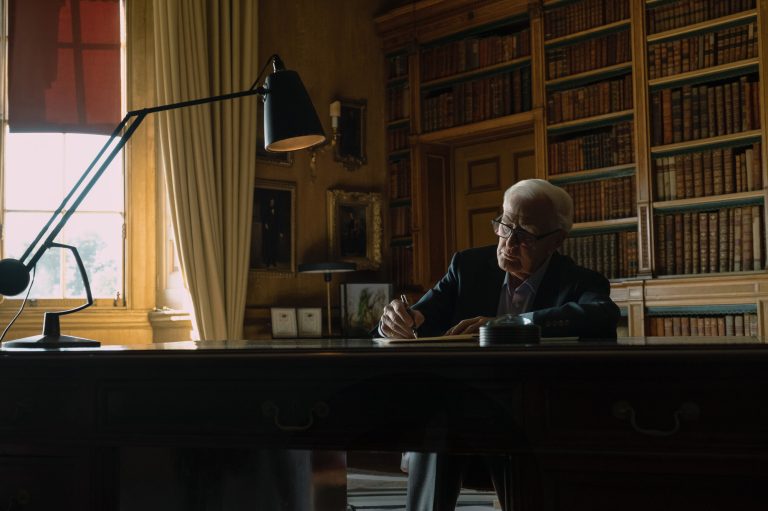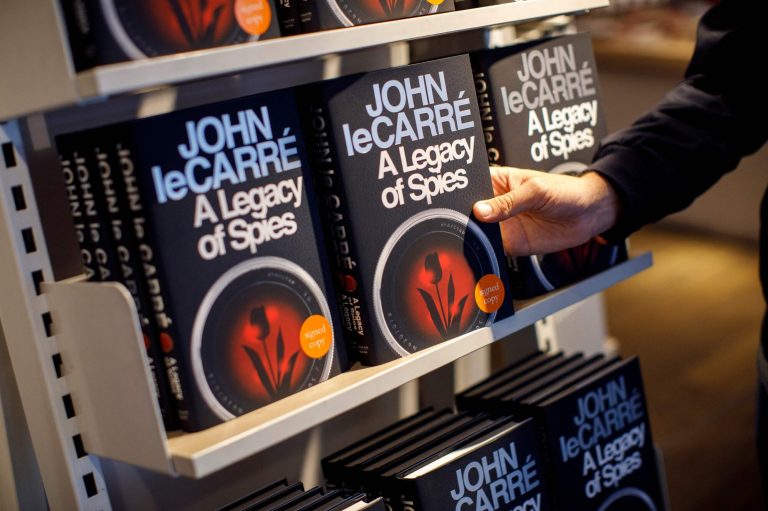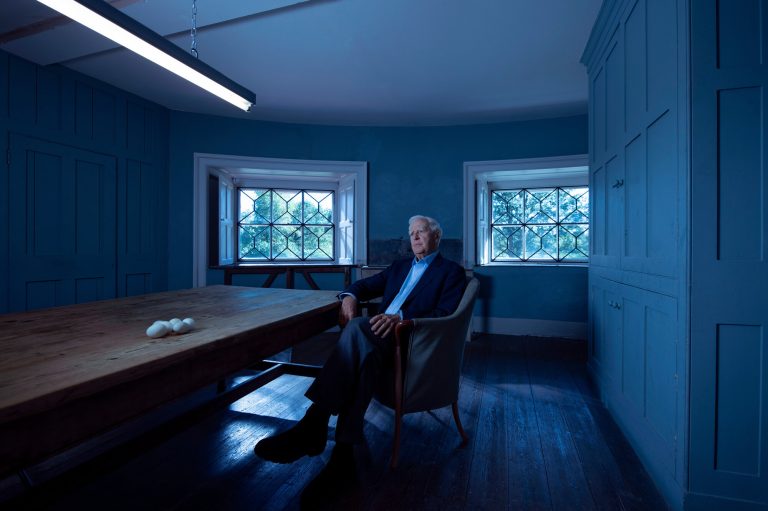A lover of spy fiction who reads enough of the genre is bound, eventually, to encounter the work of John le Carre. It’s practically a rite of passage, and to engage with his body of work for the first time is to cross the technicolor divide and leave monochrome behind. Spanning 26 novels that run the gamut from Cold War cloak-and-dagger to the moral ambiguity of the War on Terror, le Carre’s melancholy prose and fidelity to tradecraft helped make this former intelligence officer the spy novelist against whom all others would henceforth be judged.
Befitting that status, his books like The Night Manager and A Most Wanted Man (my personal favorite) have been adapted into feature films and prestige TV dramas. His first three were written while he still worked for MI6. The stories — brimming with grey, gloom, and deceit — offer few heroes, and his legions of fans include men and women of the fraternal order to which he once belonged. Meanwhile, le Carre’s final interview has just arrived, in the form of The Pigeon Tunnel — an Apple TV+ documentary that’s as much an examination of where truth ends and fiction begins as it is the life of the writer whose real name was David Cornwell.

I should point out, though le Carre aficionados will need no such reminding: The title of the documentary from director Errol Morris comes from le Carre’s memoir of the same name. It’s a phrase that, according to the writer himself, was almost always a placeholder title at one time or another for all his stories.
The “pigeon tunnel” is a reference to an episode from le Carre’s teenage years, when he accompanied his father on a gambling excursion in Monte Carlo. Nearby the casino was a sporting club, with a shooting range that overlooked the sea. Small tunnels ran under the lawn, through which the pigeons that had lived on the casino roof would flutter along until emerging into the sky over the Mediterranean. Easy targets, all of them, for “well-lunched sporting gentlemen” armed with shotguns. The pigeons that survived flew back to the roof of the casino, starting the grim process all over again.
It’s easy, I think, to see why an old spook would find a metaphor in such a scene. From The Spy Who Came in From the Cold to Russia House, Agent Running in the Field, and Tinker, Tailor, Soldier, Spy, le Carre’s stories are populated with protagonists hamstrung by bureaucratic inertia — as well as grifters and conmen, mendacious spymasters, and anguished heroes, often amounting to little more than pawns at the mercy of larger forces.

“It’s terribly difficult to recruit for a secret service,” le Carre says at one point in The Pigeon Tunnel. “You’re looking for somebody who’s a bit bad. But at the same time, loyal. There’s a type. And I fit it perfectly.”
He continues: “When I was in MI6, it wasn’t enough for me. So what I did was reinvent the secret world. And fill my own people with it.”
In the documentary, le Carre comes across as an avatar of the Cold War-era spy caught in a cycle of delusion and futility. Betrayal is a recurring theme in his novels, as is reinvention — and le Carre, the alter ego of a son whose mother abandoned him at five and whose father was a “confidence trickster,” spent a lifetime in the thrall of both ideals. A first-rate fabulist who equates history with chaos, his cat-and-mouse stories about spy games probe deeper truths about a profession that le Carre believed to be devoid of answers in “the inmost room.”

Graham Greene once raved about The Spy Who Came in From the Cold, with its jaw-dropping triple-cross, that it was the best spy story he ever read. Later books, like A Most Wanted Man, find le Carre putting his elegant pen to use in damning the short-sightedness of modern-day intelligence work, such as when he has Gunther Bachmann, who leads a secret German counterintelligence unit, remind a parochial colleague about how his agency is supposed to work:
“We are not policemen, we are spies. We do not arrest our targets. We develop them and redirect them at bigger targets. When we identify a network, we watch it, we listen to it, we penetrate it and by degrees we control it. Arrests are of negative value. They destroy a precious acquisition. They send you scrabbling back to the drawing board, looking for another network half as good as the one you’ve just screwed up.”
Throughout The Pigeon Tunnel, Morris interrogates le Carre in what looks like a mirror-filled mansion, the kind of foreboding setting where one could easily imagine a le Carre protagonist huddling with a spymaster. And the old spy is always in control.
Whenever I think about le Carre, who died in 2020 at age 89, I find myself coming back to some of my favorite passages from his novels, perhaps more so than the novels themselves or the characters and the puzzle-box mysteries they contain. When he writes that “A traitor needs two things — somebody to hate, and somebody to love,” or “Do you know what love is? I’ll tell you: It is whatever you can still betray,” or, one spy to another, “We’re not policemen … I sometimes wonder what we are,” one regrets that he’s no longer with us. That he’s no longer hunched over his writing desk and taking aim at imperialists, the upper classes, and the risk-averse bureaucrats who control the fates of spies, operatives, and nations.








